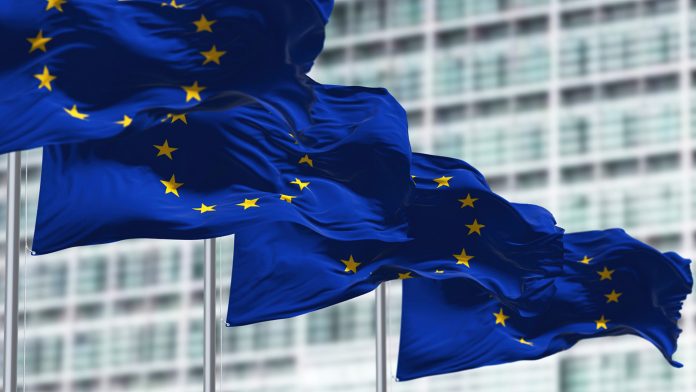The political agreement will help to increase domestic capabilities for critical raw materials along the supply chain.
The agreement will complement initiatives to diversify their critical raw materials supply through international partnerships supported by the Global Gateway facility.
Benchmarks have now been specified to ensure that the EU can extract 10%, process 40%, and recycle 25% of its annual consumption of strategic raw materials by 2030.
The deal also guarantees that the European Union will consider waste to determine recycling objectives.
The political agreement has included mitigating demand through resource efficiency and technological progress.
Imports of strategic raw materials must be diversified so that the EU does not rely on a single supply source for more than 65% of its consumption.
What is the Critical Raw Materials Act?
In March this year, the European Commission presented its draft Critical Raw Materials Act. The Act sets out a series of actions to ensure the EU’s access to sustainable supply chains of critical raw materials.
Securing diversified and affordable supply chains is essential for Europe’s competitiveness, including for green and digital industries.
The EU Parliament and Council must adopt the Critical Raw Materials Act. Now that an informal agreement has been reached, the official decision to vote on 7 December will likely be a formality.
The importance of Strategic Projects
The European Commission and Member States are set to identify Strategic Projects along the value chain that will benefit from more efficient permitting procedures.
The political agreement also extends the scope of Strategic Projects to those allowing the production of materials that substitute strategic raw materials.
The Act ensures that efforts to develop critical mineral value chains are made in compliance with high ESG standards.
The critical minerals list will become part of EU law
The political agreement means the list of strategic and critical raw materials will become part of EU law. Aluminium and synthetic graphite will also be added to the list.
The Act also introduces the monitoring of critical raw materials supply chains. Large companies must be obligated to perform risk assessments of their supply chains.
The political agreement will ensure the co-ordination of strategic raw materials stocks among Member States.








